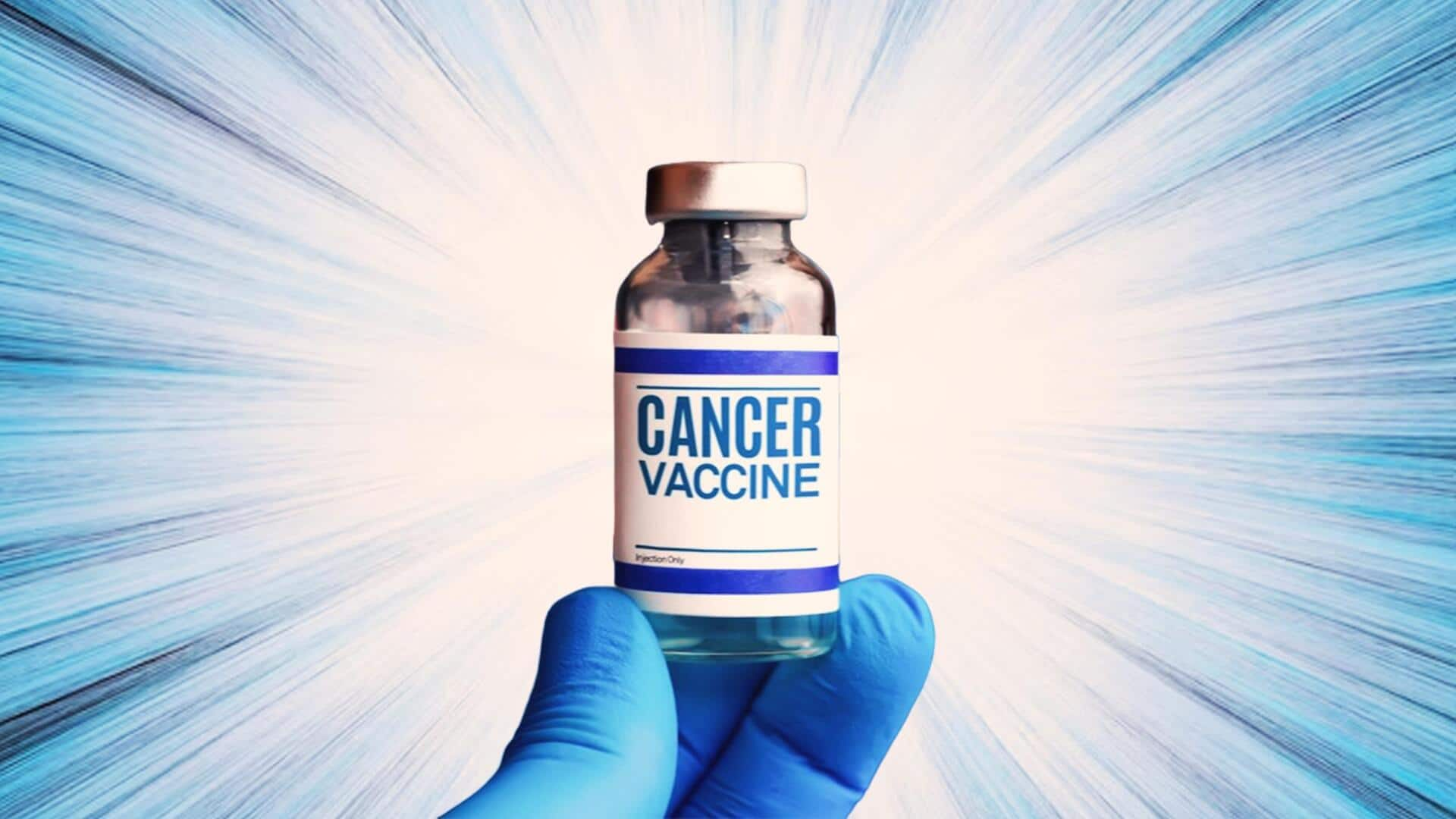
India set to launch HPV vaccination campaign for girls: Report
What's the story
The government is preparing to launch a human papillomavirus (HPV) vaccination drive for girls in the age group of 9-14 years, The Indian Express reported. The campaign's goal is to reduce cervical cancer rates, which is the second most common cancer among Indian women. The immunization initiative, which will be carried out in three phases over three years, is expected to begin in the second quarter of this year, the report said.
Details
Vaccine will protect against various cancers and genital warts
As of now, the two-dose HPV vaccine costs around Rs. 2,000 per dose but will be free once it is part of the government's immunization program. In addition to cervical cancer, the HPV vaccine also protects against strains that cause anal, vaginal, and oropharyngeal cancers, and those responsible for genital warts. According to The Indian Express report, the campaign will be conducted in schools and existing vaccination sites.
What Next?
India plans 3-year drive
According to a senior official, "A third of the children (girls) between the ages of 9 to 14 years will be immunized each year over three years." The campaign is set to begin once the government accumulates 6.5-7 crore vaccine doses for the initial phase, sources were quoted as saying. Currently, India represents about one-fifth of the global burden of cervical cancer, with approximately 1.25 lakh new cases and 75,000 deaths annually.
Insights
Serum Institute of India to increase production capacity for Cervavac
The Serum Institute of India (SII) is working to increase its production capacity for Cervavac, a locally developed quadrivalent vaccine that protects against four HPV strains - 16, 18, 6, and 11. An SII spokesperson stated, "At present, SII has a production capacity of about 2-3 million doses of Cervavac per year. However, we intend to increase this capacity, with a target of 60-70 million doses."
Details
India explores single-dose HPV vaccine for ages 9-15
The National Immunization Technical Advisory Group (NITAG) has advised the Indian Council of Medical Research (ICMR) to trial single-dose HPV vaccine efficacy in ages 9-15. Despite no global recommendation, the World Health Organization (WHO) suggests that a single-dose schedule can be followed for public health programs. However, the ICMR said last year that a Phase-3 single-dose trial to test efficacy is expected to take a long time. Instead, it will opt for an antibody persistence study post-one dose.